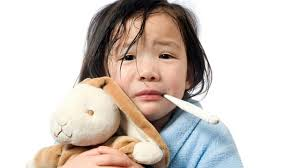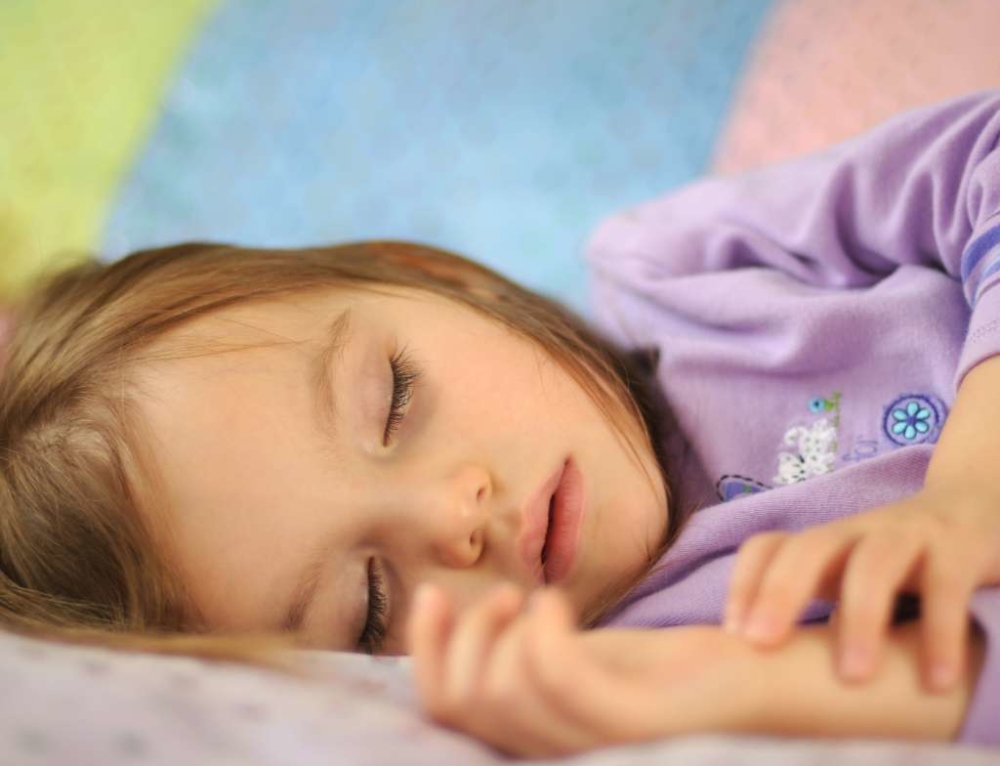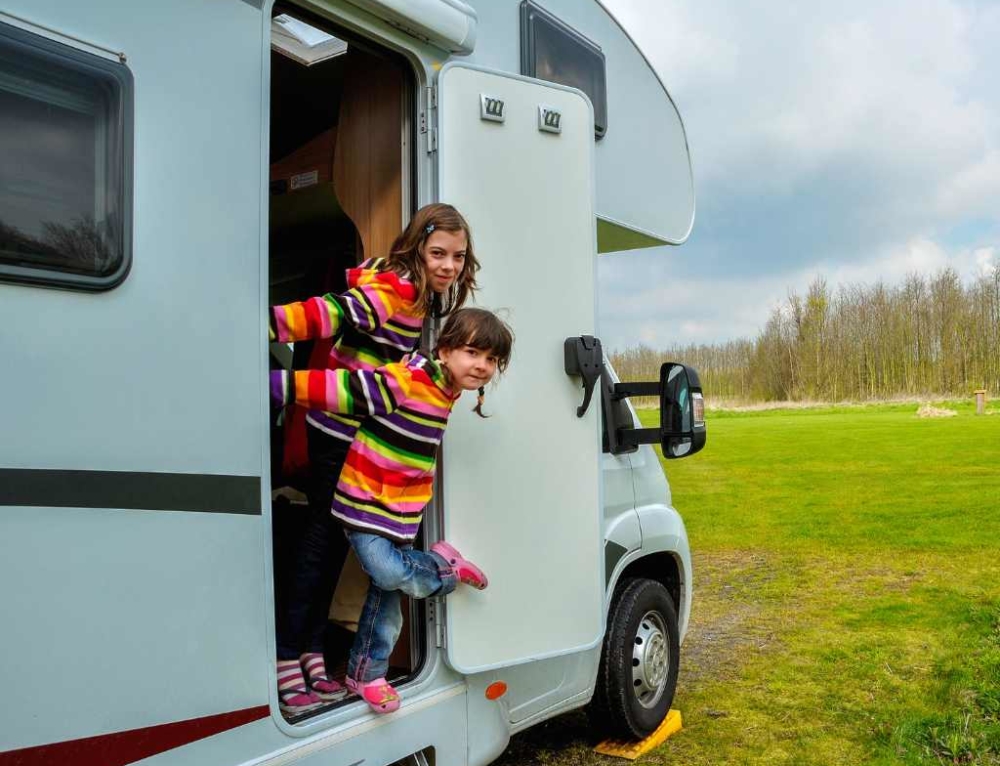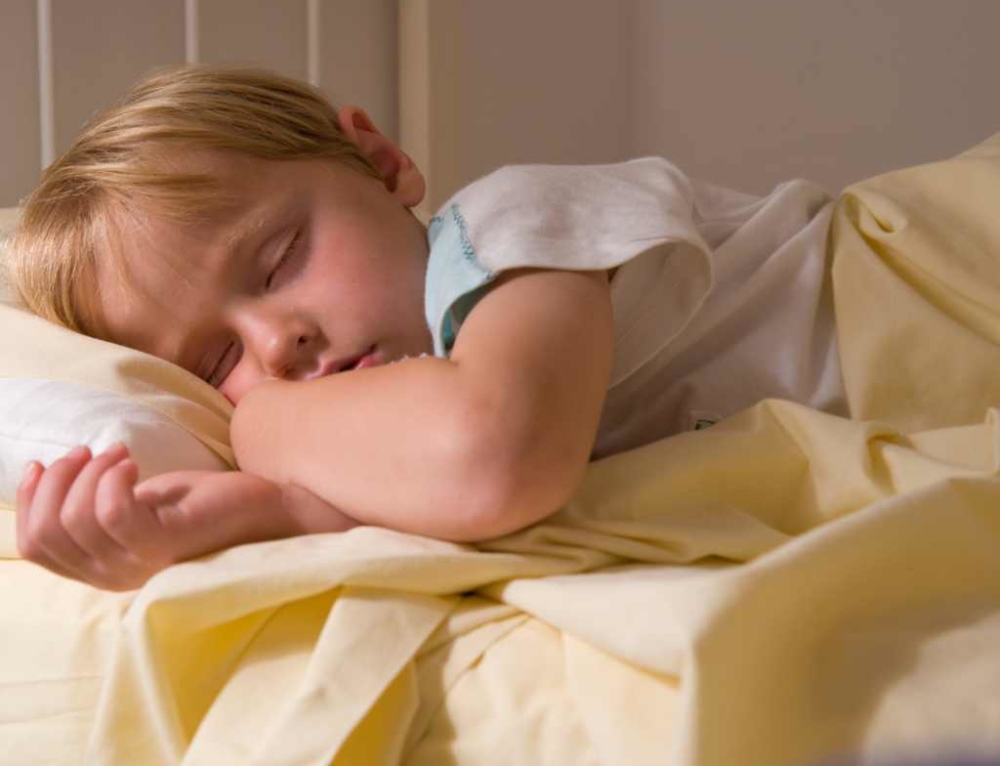Salmonellosis is a sort of “stomach flu” caused by eating food that is contaminated with salmonella germs. Several salmonella germs can cause salmonellosis, and some of them make people so sick that they can die. Whenever an outbreak of salmonella occurs, health agencies need to know where it came from so that other people don’t get sick. Since the germs that cause salmonella live in people’s poo, you need to make sure that you and your kids always wash your hands.
What causes salmonellosis?
Salmonellosis is caused by one of about a dozen salmonella bacteria. There are more than 2,000 salmonella bacteria, but most of them are harmless to humans. Salmonella bacteria live in undercooked meats and eggs. If you eat contaminated meat, poultry and eggs you can get sick. Salmonella bacteria also live in human poo, so you can get salmonellosis from someone who either has, or has come into contact with, the virus if they don’t wash their hands after using the bathroom. Sometimes you can get salmonella from contaminated fruits and vegetables that have been washed with contaminated water or that have been fertilised with contaminated fertiliser.
Is salmonella serious?
Salmonella causes the ‘stomach flu’, which is also called gastroenteritis. How serious the illness gets may depend on how many of the bacteria your child has ingested. Young children may be at risk of serious salmonellosis because they can dehydrate quickly, resulting in a dangerous medical condition. If the salmonella bacteria enter your child’s bloodstream, it can cause an infection of the brain and spinal cord (meningitis), the lining of the heart (endocarditis), and/or the cones or bone marrow (osteomyelitis).
Can I prevent salmonellosis?
The best way to prevent getting sick is to make sure that your family avoids foods that are not cooked or handled properly. Teach your kids to always wash their hands thoroughly and often, especially after they use the bathroom and before they eat. Always wash your hands before and after preparing food.
How do I know if my child has salmonella?
The symptoms of salmonellosis are a lot like other illnesses that cause gastroenteritis. If your child gets sick from salmonella germs, he will probably experience the following symptoms:
- Fever
- Nausea
- Vomiting
- Diarrhoea
- Chills
- Headache
- Abdominal pain
- Muscle aches
- Possibly blood in his stool. Your doctor can perform a test on your child’s poo to determine if he has salmonellosis.
How do I treat salmonellosis?
Your child might need antibiotics to cure the infection, and your doctor might recommend an anti-diarrheal medication to help with the diarrhoea. But, the best things you can do for your child if he gets salmonellosis is to make sure that he gets lots of bed rest, and plenty of fluids to prevent dehydration. Keep him away from other children until he is better. Although his symptoms might clear up in only a few days, your child can carry the bacteria in his poo for weeks, so make sure that he always washes his hands after using the bathroom.
Should I call the doctor?
You should always call the doctor if you suspect that your child has salmonellosis. Salmonella bacteria infections are a public health concern and have to be reported. If you suspect salmonellosis, save any food you think might have caused it.
If your child is sick and is showing signs of dehydration, call the doctor right away. Signs of dehydration may include:
- Lack of tears when crying
- Dry mouth and tongue
- Sunken eyes
- Small urine output
What you need to know about salmonella
- Salmonella is a kind of ‘stomach flu’.
- It is usually caused by the salmonella bacteria, which is found in undercooked meat, poultry, or eggs, and in fruits and vegetables that have been washed with contaminated water or fertilised with contaminated fertiliser.
- Salmonella can cause dehydration.
- Your child may need antibiotics to help clear up the infection.
Written by Rebecca Stigall for Kidspot, New Zealand’s parenting resource for family health.







Leave A Comment
You must be logged in to post a comment.